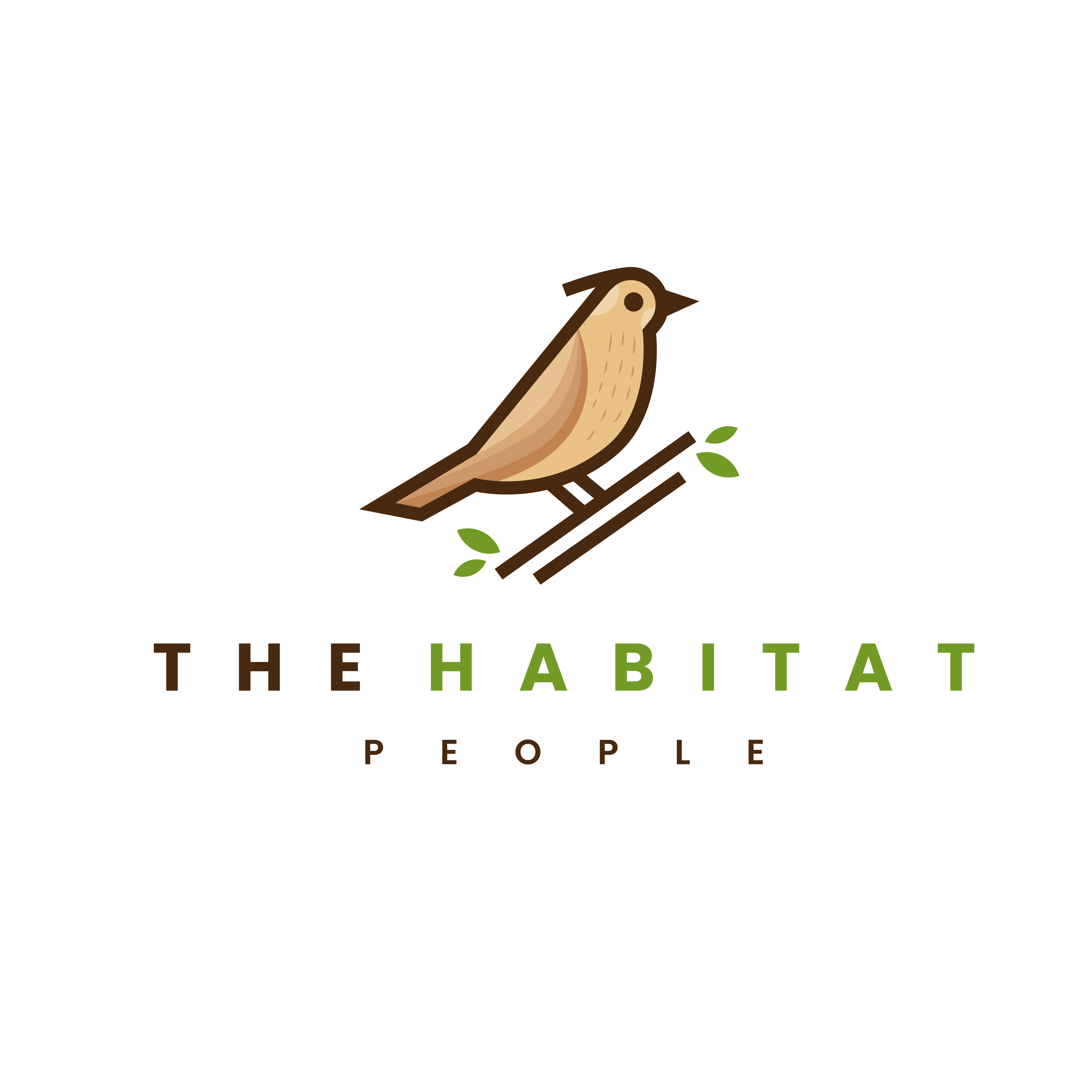environmental impact
Don't waste those fruits!
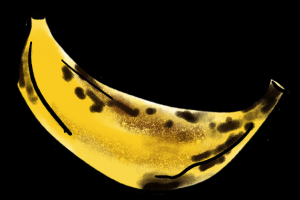
6 TONNES
In 2021 and 2022, Two Raccoons saved over 6 tonnes of fruit surplus from being wasted! It’s our commitment to prevent as much fruit waste as we can, by collaborating with small and large food businesses to repurpose their surplus. In 2023, we aim to rescue 10-15 tonnes of fruity loot from going to the bins.
environmental impact
Don't waste those fruits!

5 tonnes
In 2021, Two Raccoons saved over 5 tonnes of fruit surplus from being wasted! It’s our commitment to prevent as much fruit waste as we can, by collaborating with small and large food businesses to repurpose their surplus. In 2022, we aim to rescue 10-15 tonnes of fruity loot from going to the bins.
Carbon emissions
Carbon emissions
1/3 CO2 of a normal bottle of wine...
Since we help prevent food waste for our partners, the carbon savings go to the fruit suppliers, and not to us. But since we use fruit surplus, the emissions for our ingredients are lower than for other winemakers. We work with CarbonCloud to continuously work on reducing our emissions, and it is always updated with the latest data, so we know exactly how much carbon we’re emitting into the atmosphere.
You can learn more about our emissions on our CarbonCloud page!
1/3 CO2 of a normal bottle of wine...
Since we help prevent food waste for our partners, the carbon savings go to the fruit suppliers, and not to us. But since we use fruit surplus, the emissions for our ingredients are lower than for other winemakers. We work with CarbonCloud to continuously work on reducing our emissions, and it is always updated with the latest data, so we know exactly how much carbon we’re emitting into the atmosphere.
You can learn more about our emissions on our CarbonCloud page!
So how are you carbon-negative?
So how are you carbon-negative?
CO2 sequestration through conservation
We are offsetting our tiny carbon emissions through The Habitat People, a conservation company. Based in Aberdeenshire, these awesome humans create biodiverse meadows, wetlands and woodlands to sequester atmospheric CO2. We are carbon-negative, because we double offset our emissions, meaning we buy twice as many carbon credits as the carbon we emit. Everything they do is transparent and local, and as raccoons, we really dig their habitats full of wildflowers and wild orchids. It’s pretty wild, so check ’em out here!
CO2 sequestration through conservation
We are offsetting our tiny carbon emissions through The Habitat People, a conservation company. Based in Aberdeenshire, these awesome humans create biodiverse meadows, wetlands and woodlands to sequester atmospheric CO2. We are carbon-negative, because we double offset our emissions, meaning we buy twice as many carbon credits as the carbon we emit. Everything they do is transparent and local, and as raccoons, we really dig their habitats full of wildflowers and wild orchids. It’s pretty wild, so check ’em out here!
What about your own waste?
What about your own waste?
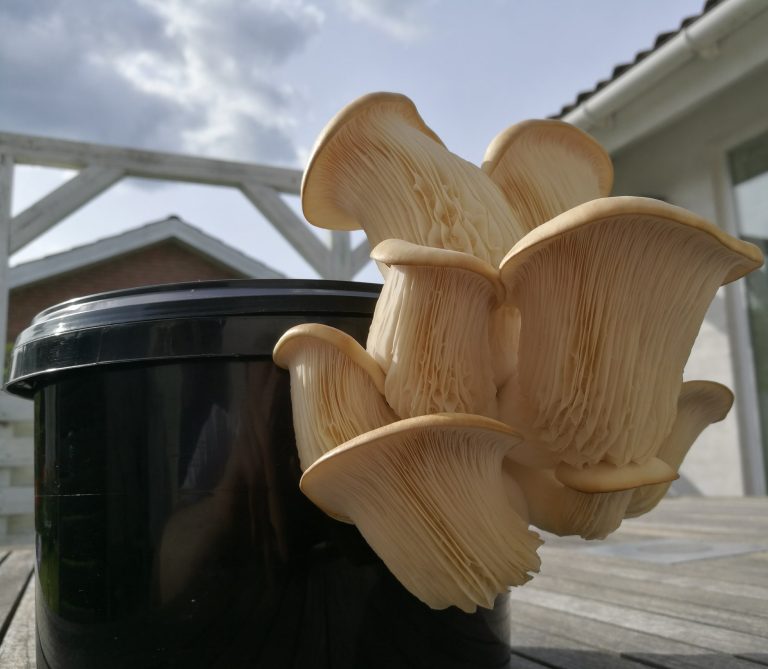
We grow mushrooms!
At Two Raccoons, we aim to become as circular as possible, and that means repurposing our own waste materials. We have done small trials growing oyster mushrooms (Pleurotus ostreatus) on our fermented fruit pulp, which is leftover after the initial fermentation process. We aim to scale this production, in order to repurpose all of the pulp, peels and pits that we are left with after winemaking.
We grow mushrooms!

At Two Raccoons, we aim to become as circular as possible, and that means repurposing our own waste materials. We have done small trials growing oyster mushrooms (Pleurotus ostreatus) on our fermented fruit pulp, which is leftover after the initial fermentation process. We aim to scale this production, in order to repurpose all of the pulp, peels and pits that we are left with after winemaking.
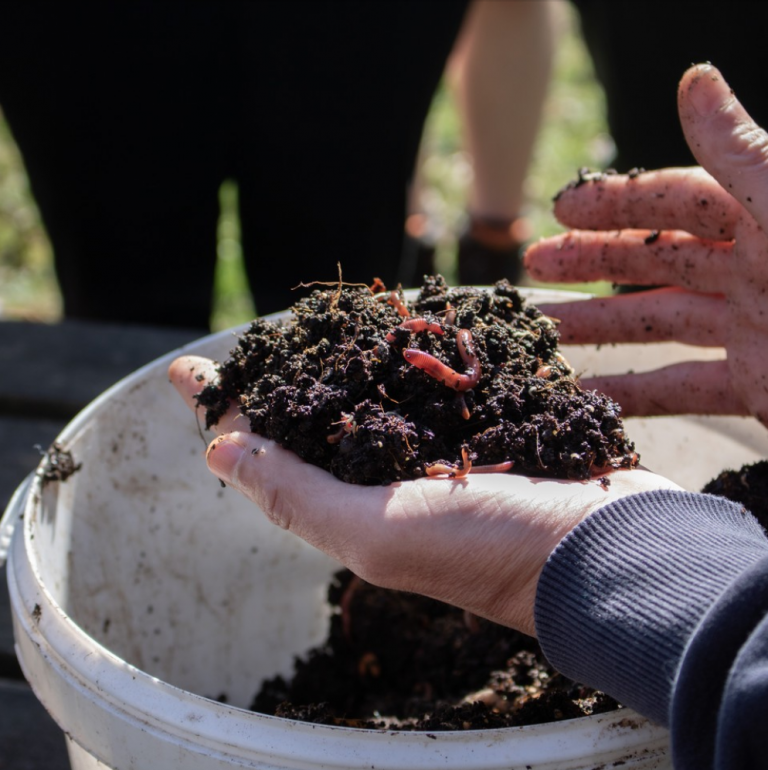
Worm composting!
We are also currently working with Newburgh Worms to trial how our pulp can be recycled through vermiculture, or worm composting. This process effectively creates an amazing compost and soil amendment with the potential to regenerate soils with their microbial and insect biodiversity!
Compared to normal composting or anaerobic digestion, the worms do not need any other input besides the waste materials you feed it, and it can be done at small or large scale.
Worm composting!

We are also currently working with Newburgh Worms to trial how our pulp can be recycled through vermiculture, or worm composting. This process effectively creates an amazing compost and soil amendment with the potential to regenerate soils with their microbial and insect biodiversity!
Compared to normal composting or anaerobic digestion, the worms do not need any other input besides the waste materials you feed it, and it can be done at small or large scale.
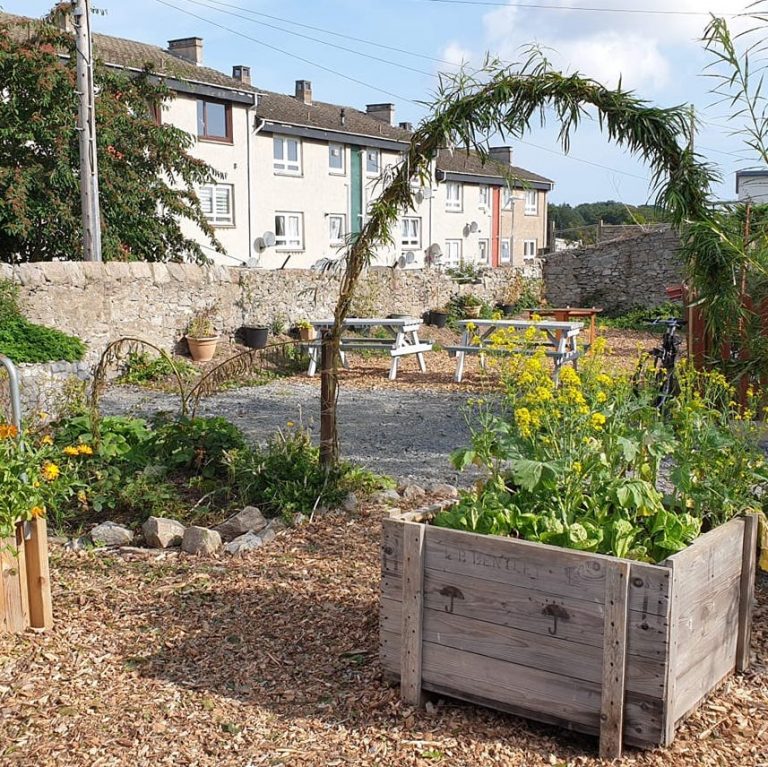
Community gardens & composting sites
Before mushrooms and worms take full control of our waste management, most of our peels are sent to local community gardens, while our fermented pulp is sent to commercial composting facilities in Aberdeenshire. We aim to repurpose all of our leftover materials ourselves within 3 years, so we can provide nutritious and delicious mushrooms to our local community, and enough worms to regenerate our local soils.
Community gardens & composting sites

Before mushrooms and worms take full control of our waste management, most of our peels are sent to local community gardens, while our fermented pulp is sent to commercial composting facilities in Aberdeenshire. We aim to repurpose all of our leftover materials ourselves within 3 years, so we can provide nutritious and delicious mushrooms to our local community, and enough worms to regenerate our local soils.


